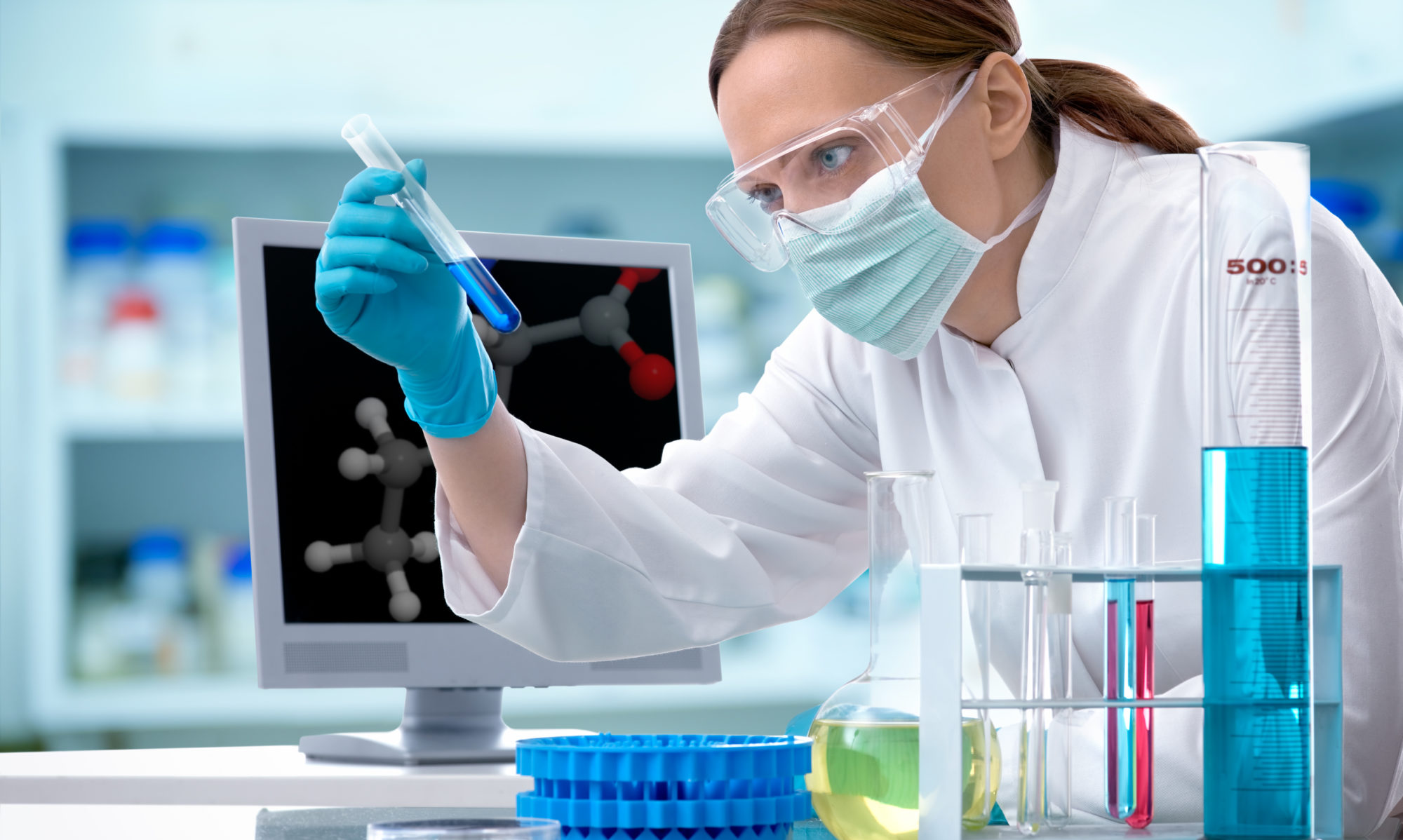
| As a member of the Leibniz Association, the DWI is particularly committed to the principle of „theoria cum praxi“ and thus to the transfer of knowledge into practice. DWI strives for basic research with the intention to translate it to society by developing new active and interactive materials. The developments at DWI refer to materials with properties that change in response to environmental conditions. Applications include surface finishing, biomedical engineering, biotechnology and sustainable chemical engineering. With its collaborative concept and specific combinations of disciplines, DWI fosters a transdisciplinary approach. The expert groups share labs and infrastructure, and merge their competences in five research programs, each focusing on key questions for the design and development of new active and interactive material systems. The research programs (Synthiofluidics, Aquamaterials, Macromolecular Films and Interfaces, Transport, Reaction and Exchange Systems and Biohybrids Materials for Biological Systems) are designed to fulfil DWI overreaching goals towards complex adaptive materials. The main objective of DWI in EVPRO is to develop the biocompatible hydrogel matrix able to detect inflammation markers and react in a proportional manner by releasing of EVs with anti-inflammatory and immunomodulatory activities. This is divided in three tasks related to (i) the synthesis and characterisation of the (bio)performance of the hydrogel and its building blocks (ii) the integration of EVs into hydrogel matrix and (iii) the optimisation of fully integrated hydrogel-EV-matrix. As a member of the Leibniz Association, the DWI is particularly committed to the principle of „theoria cum praxi“ and thus to the transfer of knowledge into practice. The DWI strives for basic research with the intention of transferring this to society by developing new active and interactive materials. The developments at DWI refer to materials with properties that change in response to environmental conditions. Applications include surface finishing, biomedical engineering, biotechnology and sustainable chemical engineering. With its collaborative concept and specific combinations of disciplines, the DWI promotes a transdisciplinary approach. The expert groups share laboratories and infrastructure and pool their expertise in five research programs, each of which focuses on key issues for the design and development of new active and interactive material systems. The research programs (Synthiofluidics, Aquamaterials, Macromolecular Films and Interfaces, Transport, Reaction and Exchange Systems, and Biohybrid Materials for Biological Systems) are designed to meet DWI’s overall goals for complex adaptive materials. The main objective of DWI in EVPRO is the development of the biocompatible hydrogel matrix, which is able to recognize inflammation markers and to react proportionally by releasing EVs with anti-inflammatory and immunomodulatory activities. This is divided into three tasks related to (i) the synthesis and characterization of the (bio)performance of the hydrogel and its components, (ii) the integration of the EVs into the hydrogel matrix and (iii) the optimization of the fully integrated hydrogel EV matrix. |
Contact
Dr. Cesar Rodriguez-Emmenegger
Phone +49 241 80 23362
rodriguez@dwi.rwth-aachen.de
https://www.dwi.rwth-aachen.de/index.php?id=2
Dr. Barbara Dittrich
Phone + 49 241 80 23340
dittrich@dwi.rwth-aachen.de
